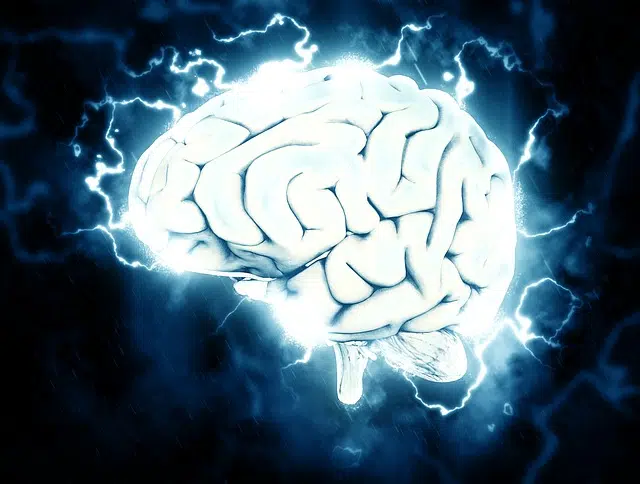
Instrumental reason gives preponderance to utility.
Reason is a notion that can refer to different issues. On this occasion, we are interested in focusing on its meaning as the ability to think , develop concepts and reach conclusions through mental activity.
Instrumental , on the other hand, is that which is linked to an instrument . This term (instrument) refers to something that is useful for something, is useful or has a purpose.
Concept of instrumental reason
All these ideas allow us to delve into the definition of instrumental reason . When human beings seek to adapt to the environment to satisfy their needs , they appeal to instrumental reason. It is the structure of thought that privileges the usefulness of action and that considers objects as means to achieve a specific end.
Instrumental reason can be associated, therefore, with pragmatism : what you want to achieve matters more than the path that leads to it. If we simplify, we could say that instrumental reason prioritizes the end before the means .
Utility as the axis
Instrumental reason is based on the idea of utility . According to this type of reasoning, the value of things lies in what they are used for. If a thing is useless (has no use), it has no value from the perspective of instrumental reason.
Suppose a person must cut a sheet of paper in a straight line. The instrumental reason tells you that, to achieve this objective, you can use scissors or a cutter , since these are useful instruments for cutting paper. On the other hand, a pencil or eraser is not useful for satisfying this specific need.

To cut paper, the instrumental reason indicates that the most useful thing is to use scissors.
«Critique of instrumental reason»
It must also be stated that there is a work of great significance and reference that responds to the name "Critique of Instrumental Reason." The German philosopher and sociologist Max Horkheimer (1895 – 1973) was the one who wrote it, published in 1947, together with another important figure such as the German philosopher Theodor Adorno (1903 – 1969).
Both are two relevant thinkers from the so-called Frankfurt School and in the aforementioned work they came to express a fundamental part of their ideas and thoughts. Specifically, in it they not only establish the rationalization process but also propose how modernity is causing humanity to have to pay a high price for it.
Thus, throughout its pages, a strong criticism is undertaken of this modern advance that is counterproductive with respect to man, since the only thing it achieves is that he heads towards a “uncontrolled” destiny, where it is possible that he loses his essence and its most significant values.
Precisely his ideas criticizing experimental reason have been shared since then by many philosophers who agree in emphasizing that what it does is objectify everything, the realities of the human being, making any element become only instruments that have "value" as that serve to achieve a specific objective. All this without overlooking that its detractors also blame it for identifying what is with what should be.
